
The Chairman of the Advisory Council of the Indonesian Ulemas Council Prof. Dr. Muhammad Sirajuddin Syamsuddin, MA or better known by his short and more popular name, Din Syamsudin.
Jakarta, MINA – The Indonesian Ulema Council (MUI) has called for conducting an in-depth investigation into the violent attacks on ulemas, religious leaders, and houses of worship in some regions, Antara News reported, citing the chairman of the MUI Advisory Council.
“We want this to be settled soon. Since the victims are ulemas, this can easily incite the people`s fury,” Din Syamsudin noted during a plenary session of the council here on Wednesday.
Syamsudin expressed concern that any delay in solving the cases would spark a disproportionate reaction among Muslims and recriminations among different religious followers.
Syamsudin noted that the series of violent attacks against religious leaders and houses of worship had, in the end, sparked public perception that they were not separate incidents.
Also Read: Magnitude 6.9 Earthquake Rocks Southeast Maluku, No Tsunami Threat
He noted that the MUI had stuck to its formal opinion that the violence against ulemas was part of a systematic plan.
“As chief of the advisory council, I also conveyed the same opinion. Our logic might be wrong. However, it suggests that these were engineered attacks, and the assaults were so well-planned that it appeared as though these cases were standalone,” he pointed out.
The plenary session was also attended by Chief of the National Agency for Combating Terrorism (BNPT) Commissioner General Pol Suhardi Alius and Head of the Police`s Criminal Investigation Unit (Bareskrim)Commissioner General Pol Ari Dono Sukmanto.
Syamsudin revealed that the MUI Advisory Council had sought explanations from both institutions on the cases.
Also Read: 46 Indonesian Hajj Pilgrims Still Hospitalized in Saudi Arabia
“Head of BNPT and Bareskrim explained that there were no bad intentions that led to malice against followers of Islam,” he added.
Meanwhile, Sukmanto remarked that during the period between December 2017 and February 2018, the police had recorded 21 incidents of violence against religious leaders and houses of worship.
“Not all (attacks) were committed by lunatics. Some were caused following violent outbursts on social media, and people becoming paranoiac. Do not form any opinions based on social media but should be based on facts,” he added. (T/RS5/RS1)
Mi’raj Islamic News Agency (MINA)
Also Read: Hajj 2025 Medical Services Conclude, Fatalities Decline





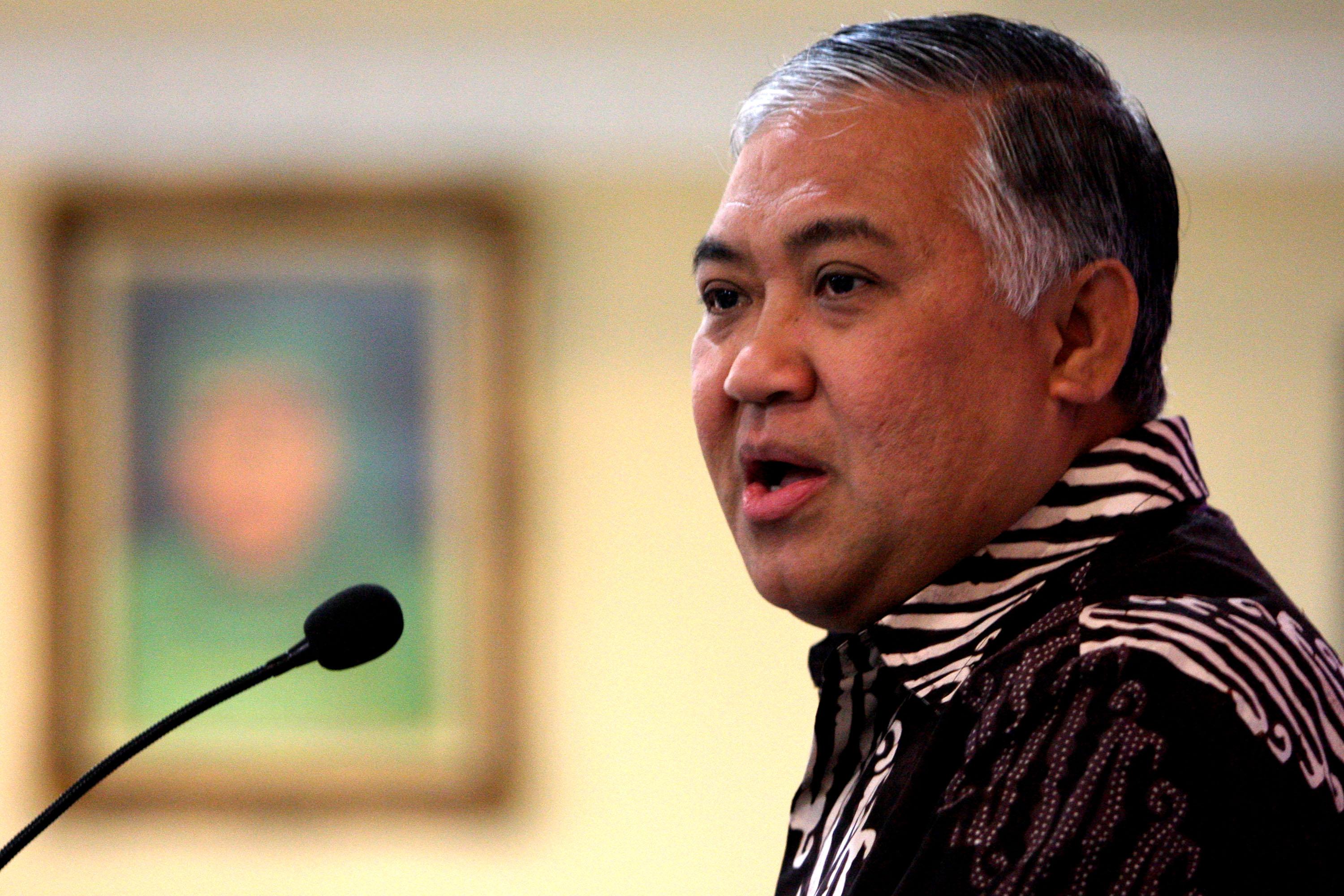

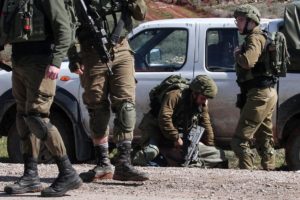

![Israeli tanks and APC’s gather by the Israeli – Lebanese border. Amid Israel’s escalating campaign against Hezbollah in Lebanon on September 30, 2024. [Erik Marmor/Getty Images]](https://en.minanews.net/wp-content/uploads/2024/10/IMG_20241001_203226-300x197.jpg)


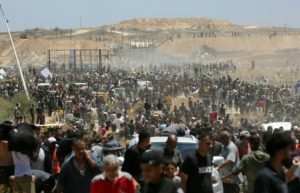
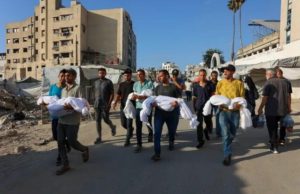
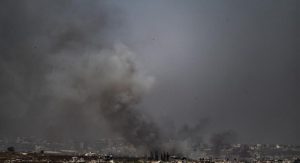
![MUI Chairman for Foreign Relations and International Cooperation, Sudarnoto Abdul Hakim (center) at the One Million Women for Gaza Press Conference entitled "Women Boycott Pro-Israel Products" held at the Swiss-Belinn Cawang Hotel, East Jakarta, Thursday (3/7/2025). [Photo: Arina/MINA]](https://en.minanews.net/wp-content/uploads/2025/07/20250703_144042-scaled-1-300x225.jpg)

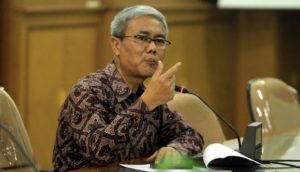
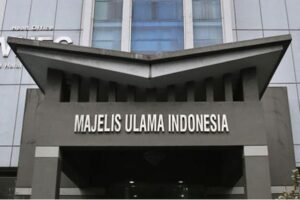








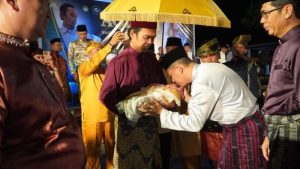






 Mina Indonesia
Mina Indonesia Mina Arabic
Mina Arabic